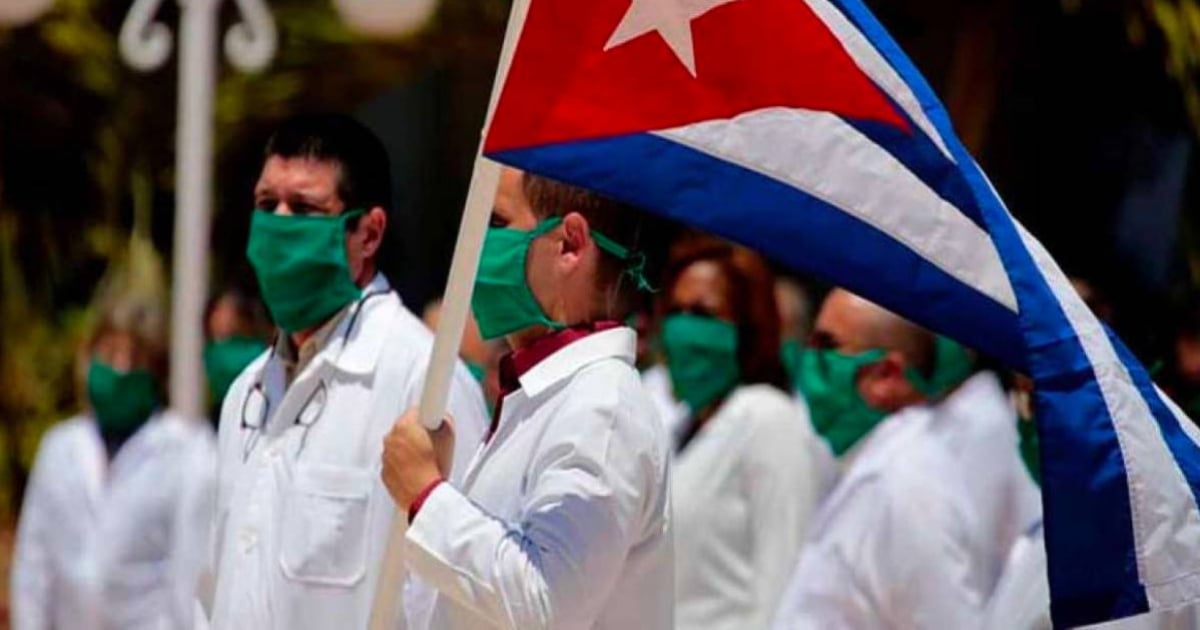The Guatemalan Health Minister, Joaquín Barñoya, and the Cuban Ambassador to Guatemala, Nazario Fernández, have signed a health cooperation agreement that will extend until 2027. This agreement aims to strengthen healthcare services in Guatemala, particularly in the most remote communities where Cuban professionals have played a crucial role since 1998, following the devastation of Hurricane Mitch.
While the agreement fortifies diplomatic relations between the two nations, it is not without controversy. Behind the rhetoric of solidarity and collaboration lies a regime criticized for its treatment of the doctors, who work under conditions many consider forms of "modern slavery." These Cuban professionals, sent on international missions, often see their salaries withheld by the Cuban government, which takes a significant portion of the payments made by host countries.
The strict control the Cuban government exerts over these doctors, limiting their freedom and closely monitoring their movements, has been the subject of international criticism. The coordinator of the Cuban Medical Brigade in Guatemala, Mariheta Cutiño, stated that more than a thousand Guatemalans have graduated from the Latin American School of Medicine in Havana.
The reality faced by Cuban doctors raises serious ethical and sustainability concerns about this model of cooperation. Although this agreement is beneficial for Guatemala, it again puts the spotlight on the working conditions of Cuban professionals, whose sacrifices are politically exploited by the Cuban government while they are denied full freedom and fair compensation for their work.
Frequently Asked Questions About Cuban Medical Cooperation in Guatemala
Here are some frequently asked questions regarding the extension of Cuban medical presence in Guatemala and the broader implications of this cooperation agreement.
What is the goal of the health cooperation agreement between Cuba and Guatemala?
The agreement aims to enhance healthcare services in Guatemala, especially in remote areas where Cuban doctors have been providing essential medical assistance since 1998.
Why is the treatment of Cuban doctors controversial?
The treatment of Cuban doctors is controversial because many work under conditions described as "modern slavery," with their salaries partially withheld by the Cuban government, which retains a large portion of the payments from host countries.
How does the Cuban government control its medical professionals abroad?
The Cuban government exercises strict control over its medical professionals abroad by limiting their freedom and closely monitoring their movements, which has drawn international criticism.
How many Guatemalans have graduated from the Latin American School of Medicine in Havana?
According to Mariheta Cutiño, the coordinator of the Cuban Medical Brigade in Guatemala, more than a thousand Guatemalans have graduated from the Latin American School of Medicine in Havana.
